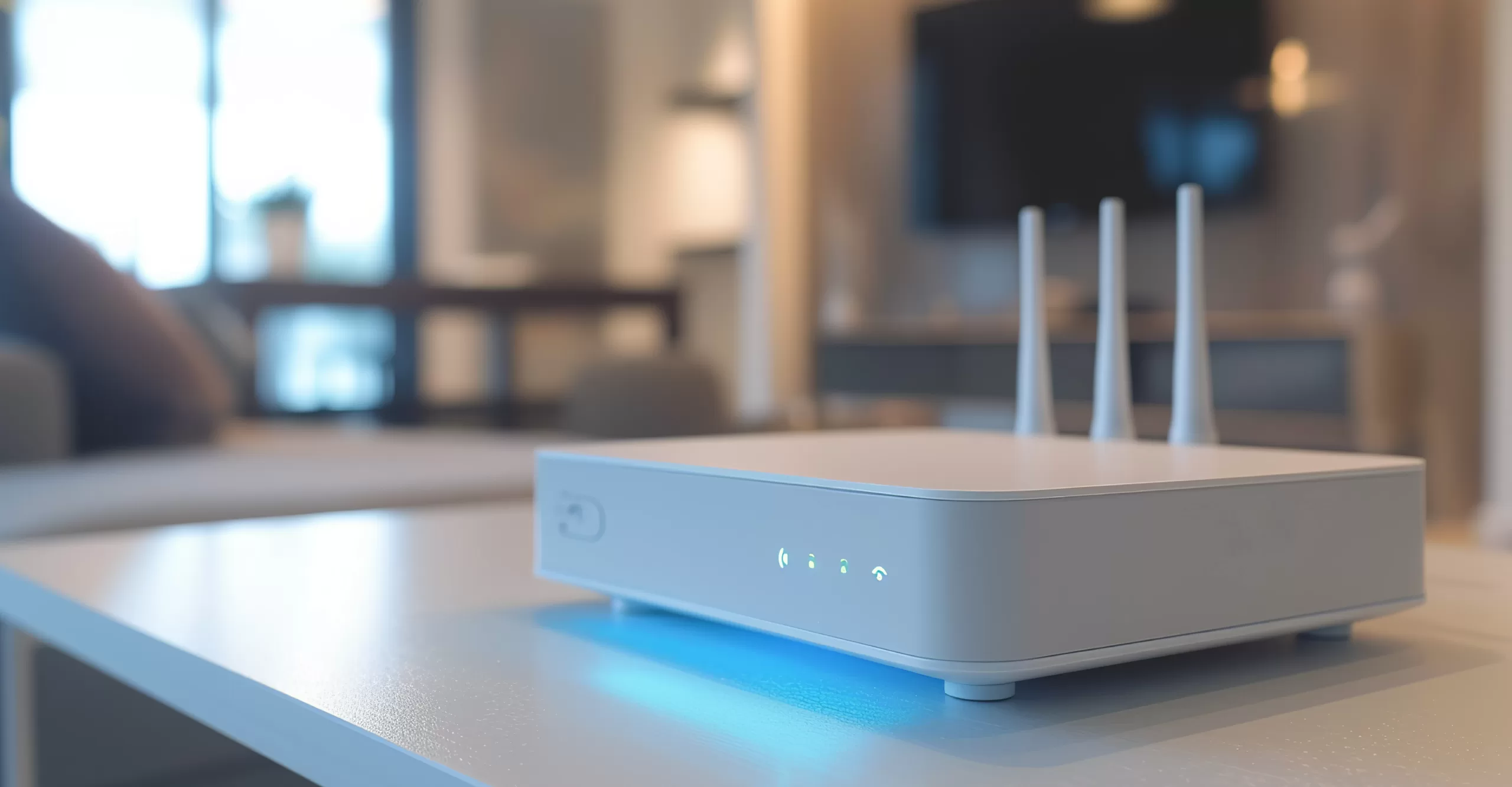Ensuring a strong wi-fi signal is a crucial part of network support, and should be monitored on a consistent basis. After all, your business is only as efficient as the strength of your network, and by extension, your wi-fi signal. Weak wi-fi signals are not good for a business, as they can result in decreased response time, a low ceiling of productivity, user frustration, and an unreachable Cloud.
Have you been experiencing sluggish wireless network connections? Is this impacting your productivity, client responsiveness, and overall bottom line?
You need to check your wi-fi signal strength. But how do you go about that?
Troubleshooting the Issue
First, there are a few things you can do before using a signal strength meter or calling in a pro.
- Reboot the router: This simple action can fix and clear many issues.
- Check your wi-fi network: If that doesn’t work, use an ethernet cable connection with your device.
If you still have a slow or non-existent connection, your wi-fi signal is likely bad. The next step is to actually test the signal strength. It’s easy to do this; the challenging part comes in understanding and interpreting the results. Familiarize yourself with what the numbers and measurements mean.
Signal Strength: Understanding the Numbers
Keep in mind that wi-fi signal strength is typically measured in decibel milliwatts (dBm), displayed as negative numbers on a scale ranging from -30 dBm to -90 dBm. A wi-fi signal strength of -30 dBm is a perfect signal, while a signal strength of -90 dBm is totally disconnected.
Ideally, you want a signal strength between -50 dBm and -67 dBm. A -50 dBm signal strength is excellent, giving you no connection troubles. A signal strength of -60 dBm is good and reliable, but you don’t want to see a reading below -67dBm. At this level, you should still be able to access online services requiring a reliable connection and signal strength. Going beyond that minimal measurement (-70, -80, -90 dBm) raises concerns.
There are two ways to measure signal strength: one’s easy and one’s more complicated.
Measuring Wi-Fi Signal Strength
The easiest way is to check the wi-fi symbol appearing in the upper right corner of your computer or other device. The more solid bars you have, the stronger the signal is. This is a quick and easy way to see if you have a weak signal or no signal at all. While it won’t supply you with specific numbers, it will give you a general idea of when to reach out for help.
A more complex way of checking your signal is by using a wi-fi signal strength meter, of which there are many kinds out there. These tools range from apps to management platforms, with some being free and some with a fee. These tools will run tests on your network and supply you with specific signal numbers, which will help you determine how to troubleshoot your weak signal and achieve a stronger network.
Microsoft Windows and other operating systems contain built-in utilities designed to monitor wireless network connections – the quickest and easiest way to measure your wi-fi strength.
There are other ways to measure strength that provide specific numbers, such as using wi-fi locator devices, wi-fi mapper apps, and wi-fi heat maps. Calling a professional that specializes in this area is the best course of action.
A Snapshot of Good Wi-Fi Strength
Depending on how far or close you are to the access point, an ideal wi-fi signal strength ranges between about -55 dBm and -70 dBm. Let’s dig a little deeper into what each reading means.
- -30 dBm = Excellent: This is the max achievable signal strength, with a device that’s positioned only a few feet from the access point. This isn’t always practical for most businesses.
- -67 dBm = Very Good: This is the minimum signal strength for most applications.
- -70 dBm = Okay: This is the minimum signal strength required for decent service.
- -80 dBm = Not Good: This is the minimum signal strength to ensure basic connectivity and is usually unreliable.
- -90 dBm = Unusable: This represents serious interference with the signal, with almost zero chance of functionality.
As a business owner, you don’t have time to waste testing your signal strength beyond glancing at the bars in the corner of your device. To get further help, you need to partner with an IT support company in Virginia.
Request a Quote From Cardinal Technology Solutions
If you have a slow network, let the team at Cardinal Technology Solutions test your wi-f-signal strength for you. In addition to testing your signal strength, we can offer solutions to strengthen your signal so you can once again enjoy seamless business operations, increased productivity, and user satisfaction. Don’t let a weak signal hold you back! Get a free quote on our network support services, including wi-fi signal strength testing.





